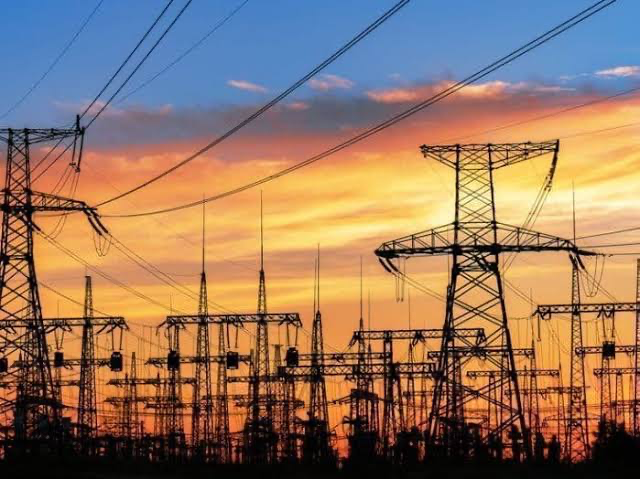Key Points
- Stay productive during blackouts with solar panels and inverters.
- Use affordable tools like rechargeable lamps and power banks.
- Reduce downtime with hybrid work models and co-working spaces.
Africa’s escalating power crisis has transitioned from a mere nuisance to a chronic issue impacting millions of households, enterprises, and vital services. The African Development Bank reported more than 640 million Africans are without power, while those connected to the grid experience regular outages and erratic load shedding.
Principal attributes of Africa’s energy Crisis
Africa’s energy dilemma is driven by numerous critical factors. A primary factor is inadequate power generation capacity. Africa, which comprises 17% of the worldwide population, generates merely 3% of the world’s electricity, as reported by the International Energy Agency (IEA).
Hydropower, constituting 30% of Africa’s energy production, is susceptible to climate change, as droughts diminish reservoir water levels.
Another concern is deteriorating infrastructure Reports from Power Africa indicate that the majority of African power networks were constructed several decades ago and have exceeded their capacity, resulting in recurrent equipment malfunctions.
Economic and political challenges exacerbate the dilemma. Prolonged implementation of extensive power projects and excessive reliance on fossil fuels render nations vulnerable to price volatility.
Effective Methods to Sustain Productivity During Power Interruptions
Households, small enterprises, and remote workers must implement measures to sustain production during power outages. One of the most efficacious methods is to invest in alternative energy sources.
Solar energy is a premier option, particularly as the prices of solar panels and batteries have decreased, according to Bloomberg New Energy Finance. Rooftop solar panels and battery storage allow residences and enterprises to retain energy for utilization during power disruptions.
Countries such as Kenya and South Africa have experienced extensive implementation of pay-as-you-go (PAYG) solar systems, enabling low-income people to make payments in tiny increments.
Another crucial method is to optimize energy use. This include the utilization of energy-efficient devices such as LED lamps, energy-saving air conditioning units, and low-energy freezers.
Hybrid work models enable employees to alternate between remote and office settings, while co-working facilities furnished with dependable power and internet offer an alternative work environment.
Individuals and enterprises can ultimately prepare for outages by utilizing power outage alert applications such as EskomSePush, which is extensively employed in South Africa and offers real-time notifications of impending blackouts.
Cost-efficient solutions for residences and small enterprises
Individuals with budget constraints might utilize economical equipment to maintain productivity. Rechargeable lamps, solar lanterns, and power banks provide affordable options for illumination and device charging.
Subsidies, and governmental assistance can also diminish expenses. The Renewable Energy Solutions for Africa initiative facilitates access to renewable energy solutions for homes and small enterprises. Africa’s energy crisis is a considerable obstacle; but, it need not impede your productivity. Power outages impact residences, enterprises, and critical services, resulting in missed deadlines, increased operational expenses, and heightened stress.
The electricity issue, however beyond individual control, need not impede production. By implementing advanced energy solutions, adopting hybrid work patterns, and utilizing portable power tools, organizations and individuals may minimize disruptions and prosper.



